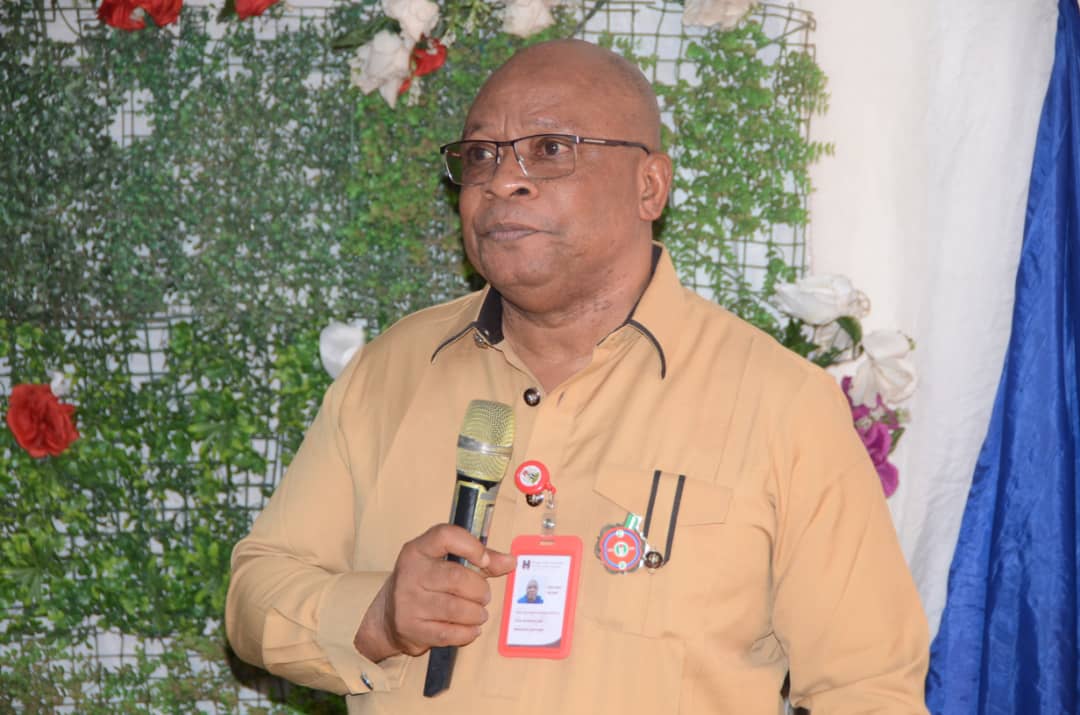In a bid to enforce compliance with import regulations, the Nigerian Customs Service (NCS) has initiated a targeted campaign against owners of privately imported aircraft operating in Nigeria.
The move comes amidst concerns over substantial revenue losses and legal irregularities linked to private jet imports.
According to a public notice issued by Customs, the special aircraft import verification exercise is set to commence tomorrow, spanning a 30-day period. It mandates that over 80 private jet operators present comprehensive import documentation at the NCS headquarters in Abuja.
“The Nigeria Customs Service announces a verification exercise for privately owned aircraft operating in Nigeria,” the notice read. The primary objective of this exercise is to identify privately owned aircraft that may have been illegally imported without proper documentation, thereby ensuring compliance with import laws and optimizing revenue collection.
- Slovakia stun Belgium with 1-0 win
- Fake EFCC Officers Sentenced to 46 Years in Prison for Fraud and Impersonation
- Rivers State Youths Occupy Council Headquarters as LG Chairmen’s Terms End
- Authorities Investigate US Businessman’s Death in Lagos Hotel
- “The dual positions you occupy are testimonies that you have done well,” NJF tells new Chairman, S’East Traditional Rulers’ Council
- Sahin becomes Dortmund head coach
- Finidi George resigns as Super Eagles Coach
Key documents required for verification include the Aerial Certificate of Registration, Maintenance Compliance Certificate, NCAA Permit for Non-Commercial Flights, Nigerian Civil Aviation Authority Flight Operation Compliance Certificate, and Temporary Import Permit where applicable.
This crackdown follows a suspension by the Federal Government aimed at recovering billions in unpaid import duties over the past three years from certain private jet operators who exploited loopholes in the law to evade payment. Despite efforts by previous administrations within the NCS to recover these dues, a significant number of private jet owners have yet to settle their import obligations.
- Nigerian Court Clears Binance Executives, Focus Shifts to Firm in Tax Evasion Case
- Nigerian Soldiers Deployed to Gambia Amid Domestic Security Challenges
- Proposed Six-Year Single Term and Rotational Presidency Bills Stir Debate in Nigeria
- Nigeria Police Force Addresses Concerns Over Police Constable Recruitment
The Temporary Import Permit (TIP), initially designed for short-term use, has been controversially extended by some operators as a means to circumvent full import duty payments. Customs officials argue that while the International Civil Aviation Organization Convention provides for temporary waivers, many operators have abused this privilege.
“The government stands to recover close to N100 billion in unpaid import duty on private aircraft, pending the application of a 25% penalty fee for late payments,” sources within Customs revealed. The statutory five percent import duty is in addition to the penalty fee, further emphasizing the financial impact on non-compliant operators.
Notably, several stakeholders have criticized the misuse of TIPs as a fraudulent practice to evade taxes, pointing out that the preferred registration of private jets abroad complicates oversight and enforcement by Nigerian authorities.
In response to these developments, Abdullahi Maiwada, NCS’s National Public Relations Officer, affirmed the commencement of the verification process and reiterated Customs’ commitment to maximizing revenue collection. He emphasized that the exercise would adhere strictly to existing legal frameworks governing customs duties and import regulations.
The looming crackdown signals a renewed effort by Nigerian authorities to ensure transparency and accountability in the aviation sector, aiming to curtail financial losses and uphold regulatory standards. As private jet owners brace for scrutiny, the outcome of this enforcement action is poised to reshape compliance norms within Nigeria’s aviation industry.



